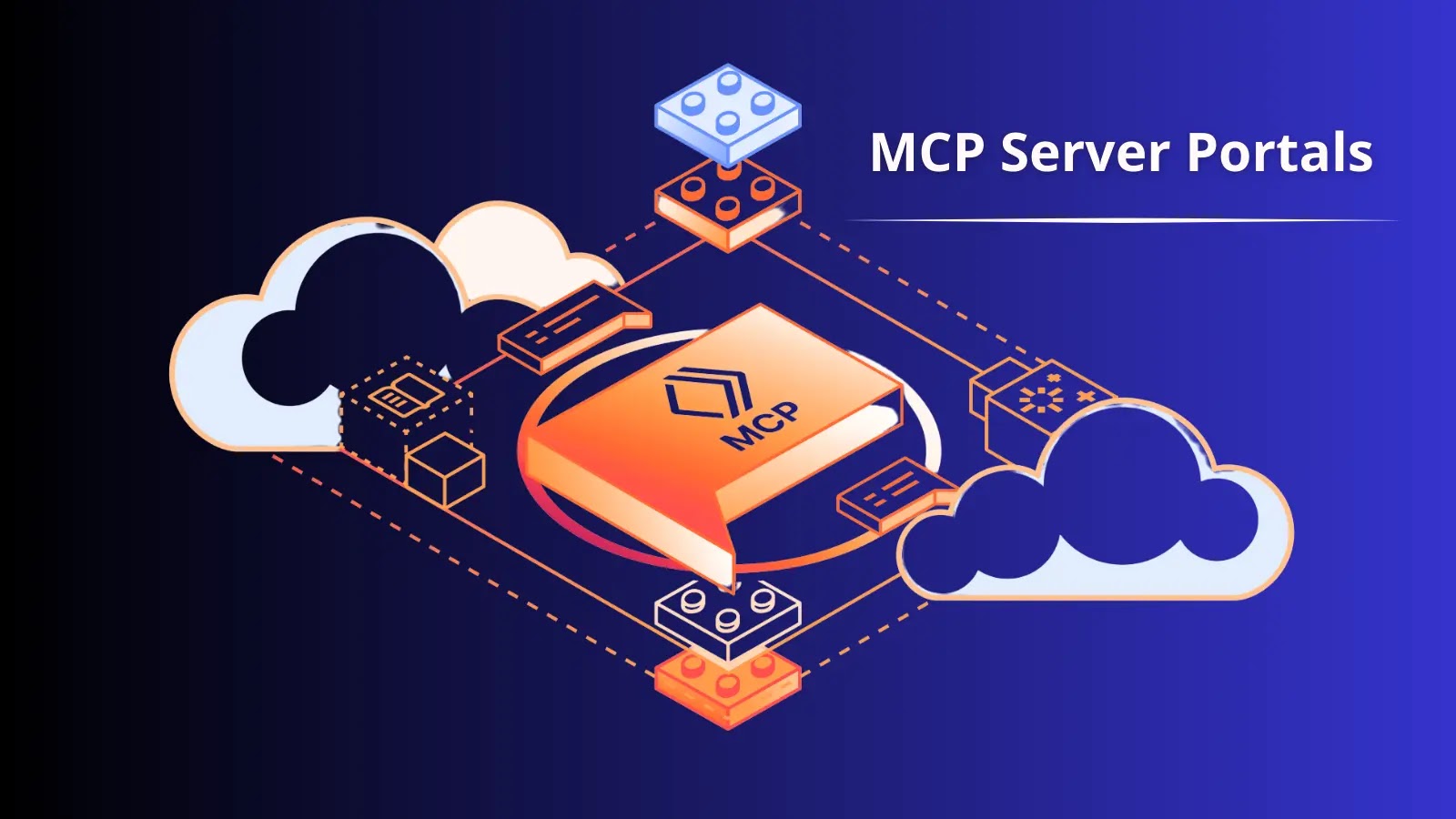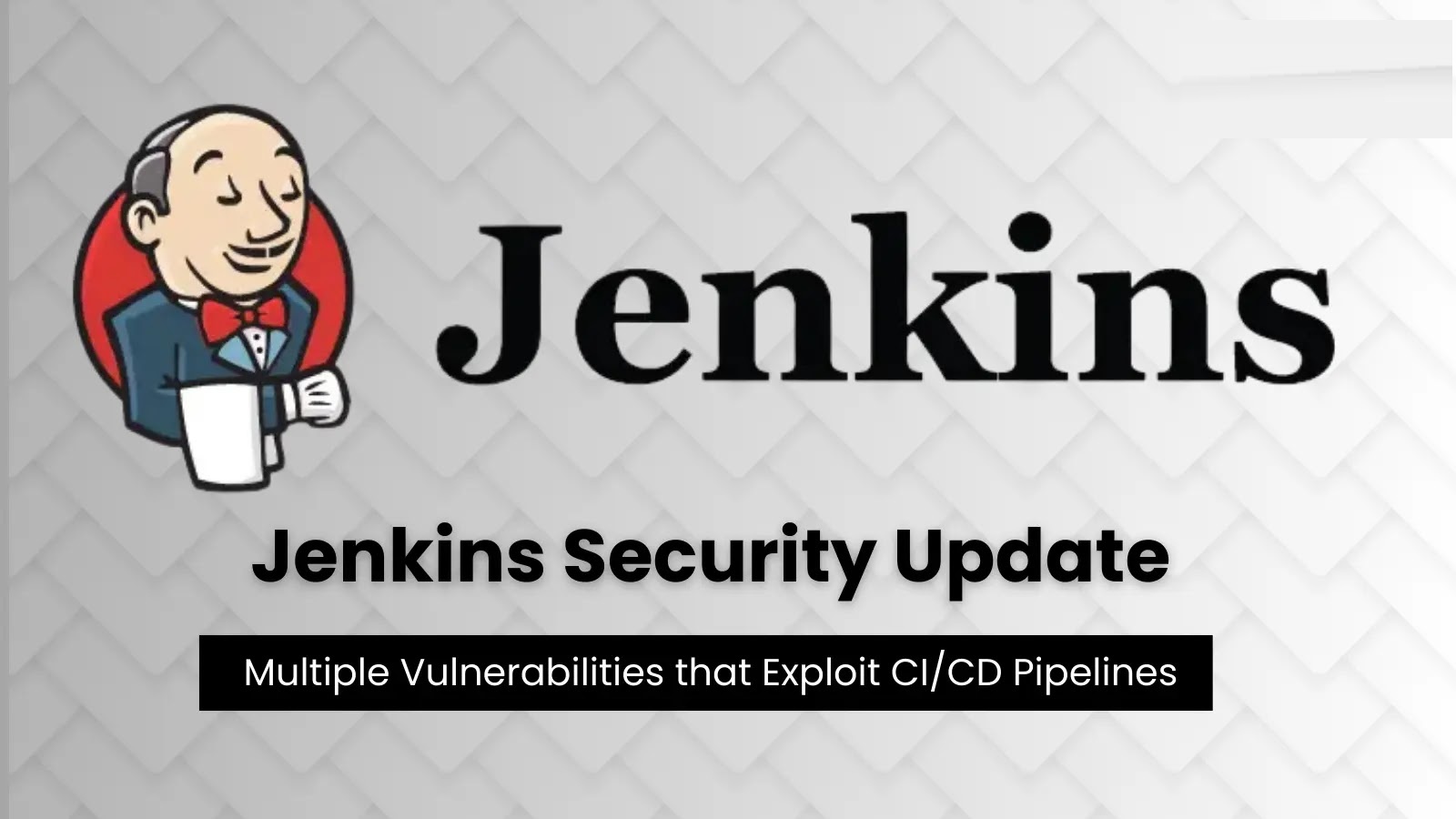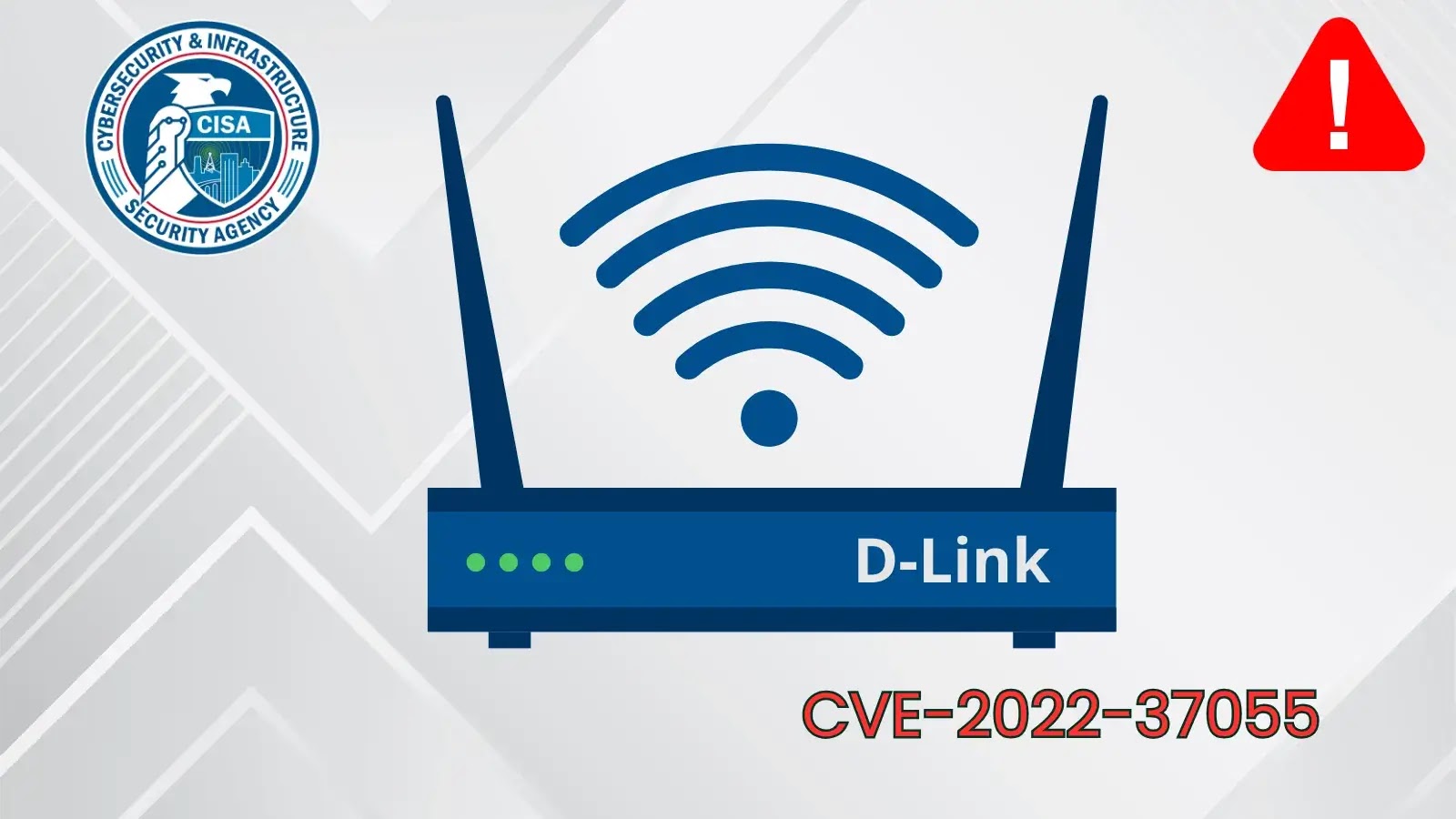Cloudflare has announced the open beta release of MCP Server Portals, a significant advancement aimed at centralizing, securing, and monitoring all Model Context Protocol (MCP) connections within an organization. By channeling every MCP request through a unified portal endpoint, Cloudflare One customers can now implement Zero Trust policies, achieve comprehensive visibility, and substantially minimize the attack surface associated with AI-driven integrations.
Key Highlights:
1. Centralized MCP Connections: A single portal endpoint facilitates the enforcement of Zero Trust policies across all MCP connections.
2. Enhanced Security and Visibility: Integration with Secure Access Service Edge (SASE) controls and unified logging provides real-time security insights.
3. Curated Access Management: Implementing least-privilege access principles helps eliminate unmanaged AI endpoints.
Understanding the Model Context Protocol (MCP):
The Model Context Protocol (MCP) is rapidly becoming the standard for connecting large language models (LLMs) like ChatGPT, Claude, and Gemini to enterprise applications. MCP comprises two primary components:
– MCP Client: The LLM front-end that requests context or initiates actions.
– MCP Server: The application endpoint that provides resources, prompts, and tools to the client.
This open-source protocol transforms isolated LLMs into collaborative entities by enabling structured API calls, dynamic prompts, and secure context retrieval.
Addressing Security Challenges:
While MCP facilitates integration, it also introduces potential vulnerabilities, including prompt injection attacks, supply chain exploits (such as CVE-2025-6514 in npm authentication libraries), and privilege escalation issues. MCP Server Portals mitigate these risks by serving as a centralized gateway:
– Integration with Cloudflare One’s SASE: This allows for the application of multi-factor authentication, device posture assessments, and geofencing on MCP traffic, mirroring controls used for human users.
– Unified Audit Logging: Every MCP request, prompt invocation, and tool execution is aggregated into a comprehensive audit log. This enables security teams to detect anomalous behaviors, such as unusual data exfiltration patterns or unauthorized tool usage, in real time.
– Role-Based Access Control: Administrators can register MCP servers with the portal, approve them, and assign permissions. Users are granted access only to the resources and tools explicitly authorized for their role, thereby eliminating shadow AI endpoints.
– Simplified Configuration: Instead of distributing multiple endpoint URLs, users configure a single Portal URL in their MCP client. New servers become instantly available through the portal without the need for manual updates.
MCP Server Portals also integrate with Cloudflare Access for seamless OAuth-based authorization, regardless of whether applications are hosted on Cloudflare or external domains.
Future Enhancements:
Cloudflare plans to introduce additional features to MCP Server Portals, including:
– AI-Powered Web Application Firewall (WAF) Rules: To block prompt-injection attacks effectively.
– Managed MCP Server Hosting: Through Cloudflare’s AI Gateway, providing a streamlined hosting solution.
– Anomaly Detection Models: Incorporating built-in machine learning models to identify and respond to unusual activities.
Getting Started:
Organizations interested in leveraging MCP Server Portals can begin by navigating to the Access > AI Controls page in their Zero Trust Dashboard. The open beta is now available to all Cloudflare One customers, offering a secure pathway to harness AI innovation without compromising safety.



